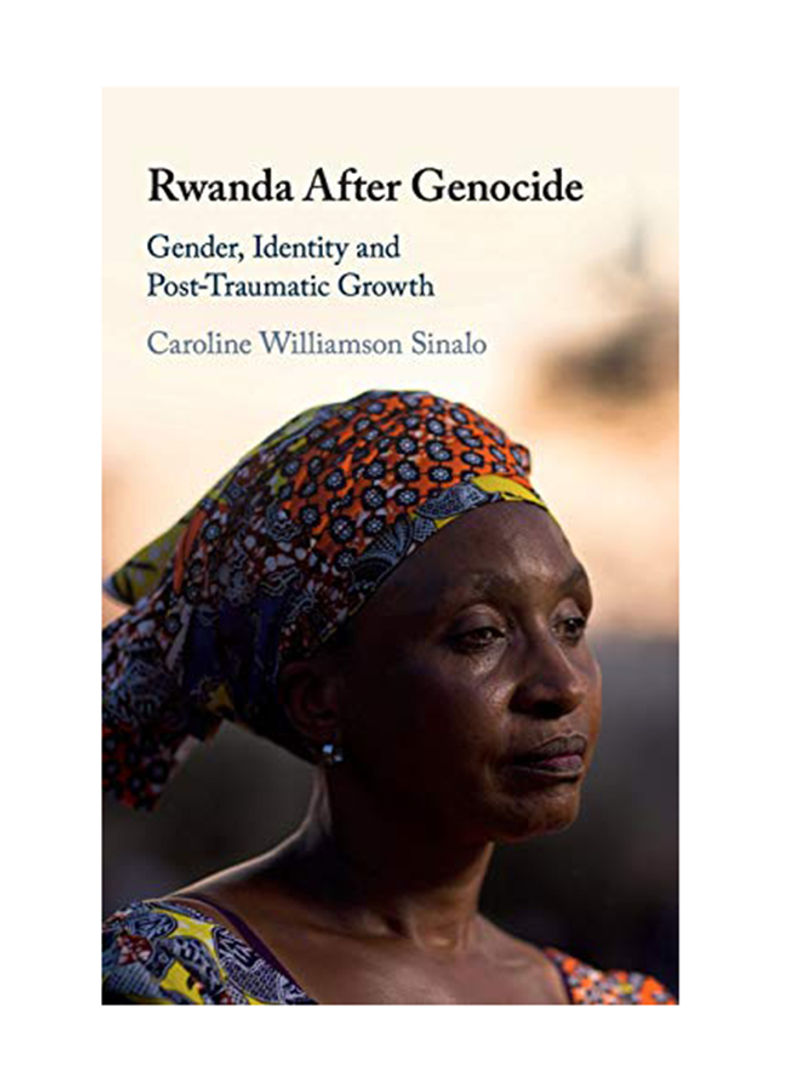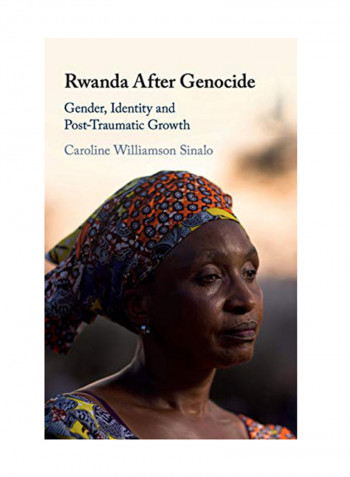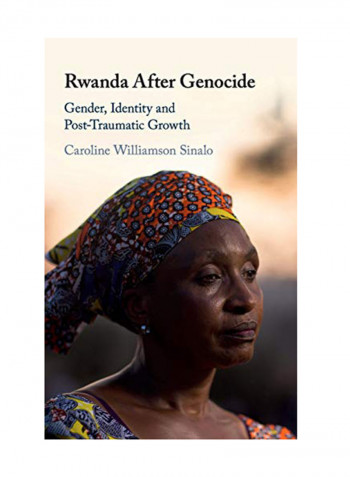Rwanda After Genocide: Gender, Identity And Post-Traumatic Growth Hardcover
Recommend
Sort by
Rating
Date
Specifications
Author 1
Caroline Williamson Sinalo
Book Description
In the 1994 Rwanda genocide, around 1 million people were brutally murdered in just thirteen weeks. This book offers an in-depth study of posttraumatic growth in the testimonies of the men and women who survived, highlighting the ways in which they were able to build a new, and often enhanced, way of life. In so doing, Caroline Williamson Sinalo advocates a new reading of trauma: one that recognises not just the negative, but also the positive responses to traumatic experiences. Through an analysis of testimonies recorded in Kinyarwanda by the Genocide Archive of Rwanda, the book focuses particularly on the relationship between posttraumatic growth and gender and examines it within the wider frames of colonialism and traditional cultural practices. Offering a striking alternative to dominant paradigms on trauma, the book reveals that, notwithstanding the countless tales of horror, pain, and loss in Rwanda, there are also stories of strength, recovery, and growth.
ISBN-10
1108426131
Language
English
Publisher
Cambridge University Press
Publication Date
December 31, 2018
Number of Pages
240
About the Author
Caroline Williamson Sinalo is Lecturer in World Languages at University College Cork. Awarded her Ph.D. from the University of Nottingham in 2014, she has published numerous articles on the lives and experiences of Rwandan genocide survivors, notably on the topic of posttraumatic growth. Her Ph.D., funded by an Arts and Humanities Research Council Collaborative Doctoral Award, was carried out in partnership with the Aegis Trust charity, and involved spending a year working in Rwanda at the national archive. Her collaboration with the Aegis Trust has since continued and she has twice received Aegis Research, Policy and Higher Education (RPHE) funding. Williamson Sinalo's research has also been supported by the Irish Research Council (IRC).



